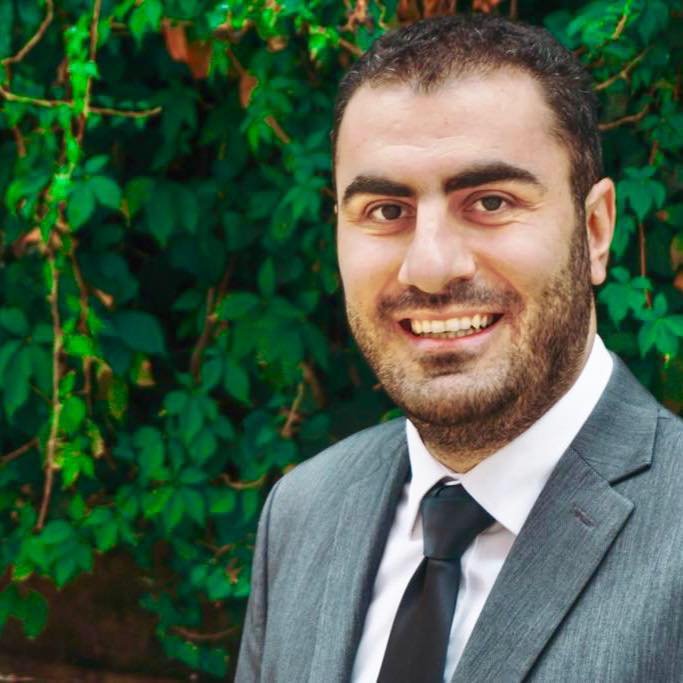The details of the awaited Armenian national curriculum reform for the new benchmarks and academic standards in K-12 public schools have come to light. However, the recent Artsakh War has overshadowed scrutiny of this new educational policy. Most likely, the proposed reform might not be fully realized not only because of the aftermath of the war, but also due to the ongoing internal debate that this educational reform has invited.
The initiative of reforming the educational system in Armenia was spearheaded by the Ministry of Education and Science and aimed to enhance the pedagogical and teaching methods and practices in the country’s national schools. The proposed plan was designed to enhance the existing practices within an Armenian context of providing a “good” 21st century schooling experience for school-aged children. Similar to the post-Soviet reconstruction of the political, educational and cultural life of Armenia, the proposed reform was followed by the 2018 “revolution” which was also the continuation of the previous educational reform plans that commenced in 1998 and 2004. The policymakers aimed to provide quality assurance in teaching and school leadership practices, foster higher curriculum standards and assessment and map a rigorous teacher training program.
Though the motivation behind the new education reform was questioned by many educators and politicians, the apparatus of reforming the schooling system was not indifferent to its previous endeavors. The proposed reform is worthy of holistic and thorough evaluation to align it with high international standards. The evaluation aims to look into the various aspects of the curricula standards and an examination of the suggested pedagogical practices and assessment methodologies. Once the country resumes to some kind of civil normalcy, such an evaluation will be inevitable to assure that the proposed reform is efficiently implemented, a close field observation is carried out by teachers and principals and constructive feedback is provided to the policymakers. Under natural circumstances, the mentioned process of examining the adoption of a new educational system based on curriculum reviews is expected to extend somewhere between three and five years.

This process should borrow from the most recent international criterion of proper academic benchmarking, best pedagogical practices, the integration of IT in all aspects of teaching and learning and enhancement of accountable school leadership. However, given the post-war situation, there should also be a re-prioritization in the implementation of the proposed educational reforms due to the recent developments. Soon, the national discourse will redefine the curriculum framework with regards to matters such as the newly-formed Armenian (including Artsakh and Diaspora) national identity, citizenship and culture. Consequently, the method of embedding these important topics into pedagogical practices and instructional activities can be later determined.
Meanwhile, the emerging priority should be reshifted toward the more critical aspect of educating and schooling, which is the emotional and psycho-social well-being of the students in the post-war era. The underlying rationale of this call is based on many grounds.
- The research findings from post-war societies show that children remain one of the most vulnerable victims of war, hostilities and aggression. For example, based on the findings that were carried out directly after the war in 2006 in Lebanon, there was an observed increase in the number of psycho-social and emotional disturbances in students’ behavior that directly and negatively impacted their psychological welfare, learning outcomes and schooling experiences.
- Providing a holistic and impartial education requires the provision of delivering age-appropriate psycho-social and pastoral services for children in order to equip them with the psychological capital of resilience, grit and perseverance. The responsibility of instilling these non-cognitive competencies is not the sole duty of school counselors and psychologists but also of every classroom teacher. Pastoral care is a shared responsibility.
- The proposed curriculum reformation gives sufficient attention to the conventional syllabi of mathematics, sciences, foreign languages, business and technology. Yet, the socio-emotional growth of the students as an essential element of reformist education has received less attention in the government’s proposed reform and thus requires further enhancement. Assigning trained experts on school campuses can be a fair starting point since the establishment of rigorous psycho-emotional support programs and guidance-counseling curricula might require some time.
As a result of the latest Artsakh War, there are chances that the country will move through a stage of an educational vacuum. During this time, the recent upheavals and the geopolitical changes will be absorbed into the nation’s policy-making bodies. If the national curriculum has to be reviewed and rewritten again, there are then essential mid- and long-term questions that educational policymakers have to address. Essentially, in addition to the ultimate purpose of preparing students who are equipped with the necessary knowledge and skills of the 21st century global market, it is now equally important to align this vision with the more pressing issue of students’ well-being. Fostering children’s psychological capital should become a national priority. Luckily, this new challenge requires lessened political discourse that otherwise might continue to open the doors of civil controversy. Instead, the new reformation plan requires the establishment of a rigorous framework within which educators and teachers can instill a sense of grit, determination and resilience in the minds and hearts of Armenian students.



Be the first to comment